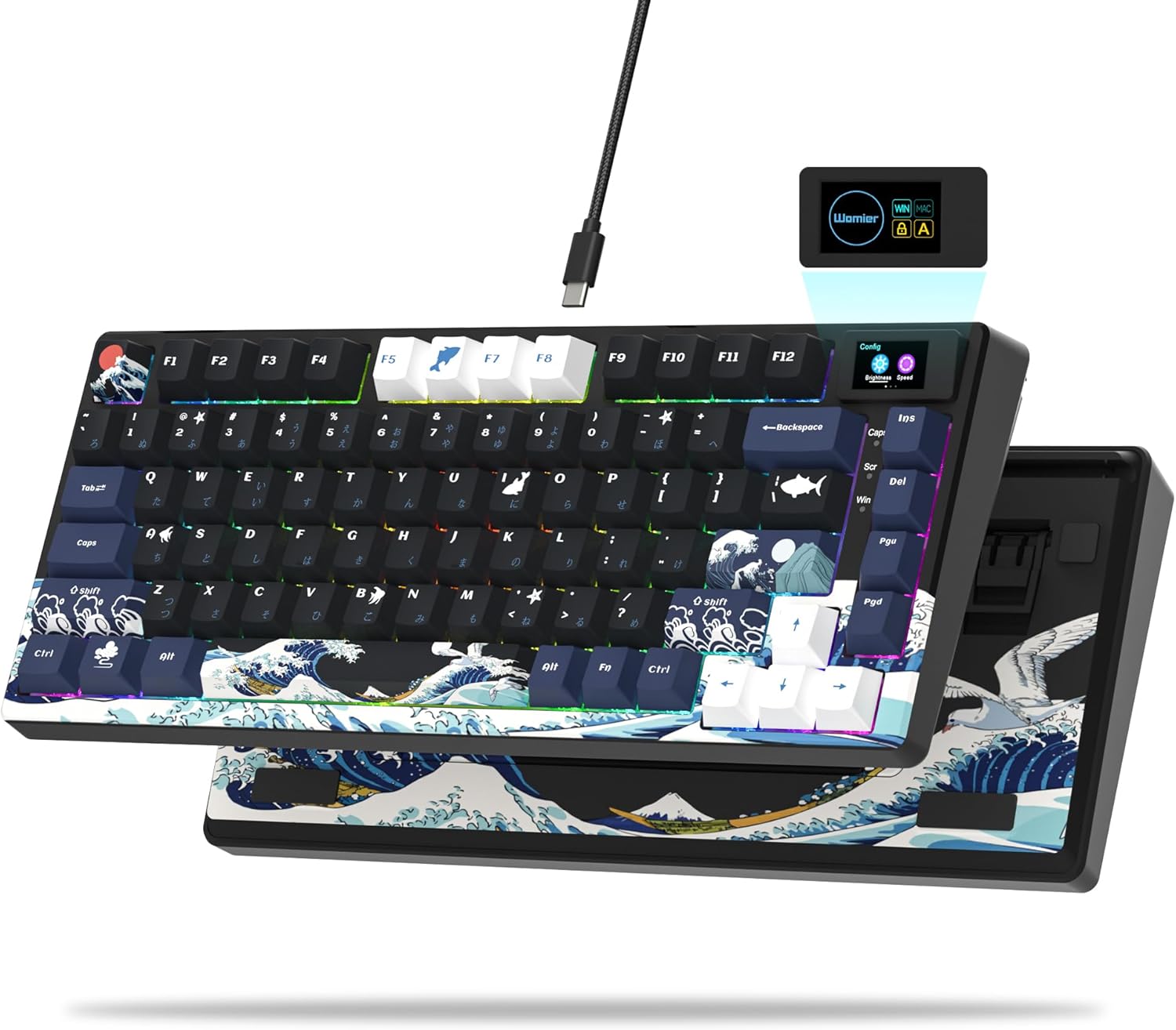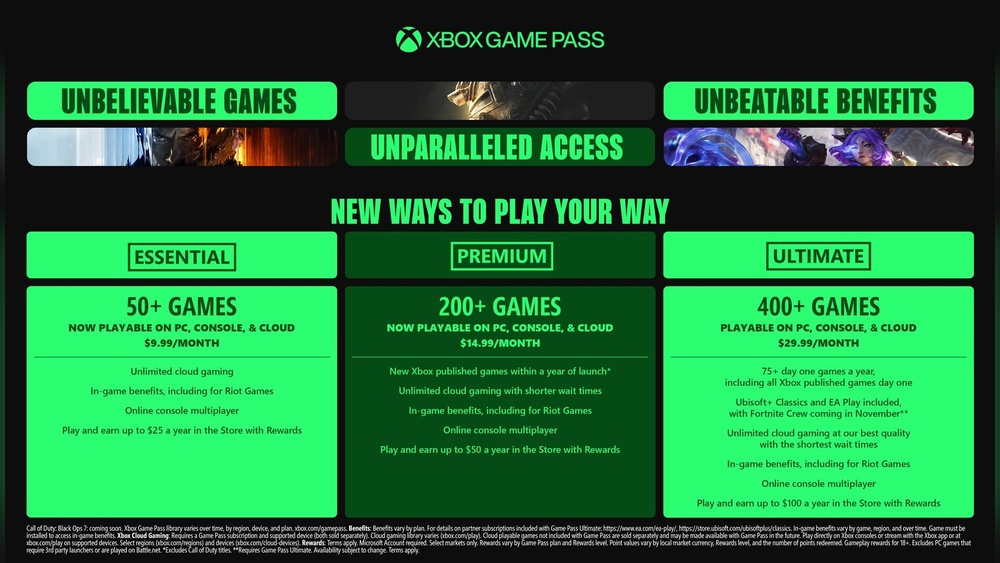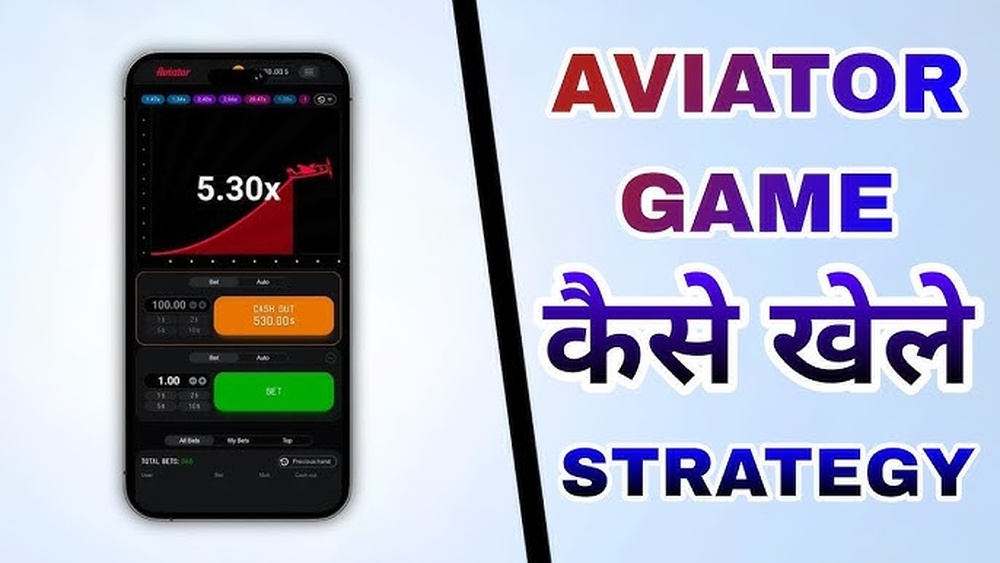Have you ever sat down to play your favorite game, only to feel bored or frustrated instead of excited? You’re not alone.
Many gamers are asking themselves, “Why isn’t gaming fun anymore? ” Maybe the games feel too repetitive, the challenges too unfair, or the social experience just isn’t the same. If you’ve lost that spark, this article will help you understand what’s behind those feelings—and what you can do to bring the joy back.
Keep reading, because your next great gaming moment might be just around the corner.

Credit: www.youtube.com
Shift In Player Expectations
Gaming used to be a simple way to relax and have fun. Now, many players feel the joy has faded. One main reason is the shift in what players expect from games. Games feel different because players want more from their experience.
Players today look for challenges, social status, and constant updates. This change affects how people enjoy games. The fun part often gets lost under pressure and new demands.
Rise Of Competitive Pressure
Games now push players to compete hard. Winning is seen as very important. This focus makes games stressful, not fun. Players worry about losing or being judged. The pressure to perform takes away relaxation. Many stop playing because it feels like work.
Impact Of Streaming And Social Media
Streaming and social media change how players act. Many play to show off or gain followers. This shifts focus from fun to image. Mistakes feel embarrassing when seen by thousands. Social pressure can make games less enjoyable. Players might play for views, not for themselves.
Monetization And Microtransactions
Monetization and microtransactions have become common in many games. These methods let developers earn money beyond the initial game purchase. Players can buy extra items, skins, or advantages using real money. This system can change how games are made and how players feel about playing.
Effect On Game Design
Games often focus more on selling items than on fun. Developers add features that encourage spending money. Some challenges become harder to push players to buy help. This shift can make the game feel less natural and more like a store. Players may spend more time shopping than playing.
Player Frustration With Pay-to-win Models
Pay-to-win means players who spend money gain big advantages. Those who do not pay face tougher competition. This can ruin the balance and fairness of the game. Many players feel upset and lose interest. Games should reward skill, not spending power.
Repetitive Gameplay And Lack Of Innovation
Many gamers feel bored with video games today. The main reason is repetitive gameplay. Games often use the same ideas over and over. This makes playing less exciting and fresh. Players want new challenges and surprises. Without innovation, games lose their charm and fun. The thrill of discovery fades away. This issue hurts both big and small game titles.
Sequel Fatigue
Sequel fatigue happens when many games keep repeating old stories. Developers create many sequels instead of new games. These sequels often add small changes only. Players notice the same settings, characters, and missions. It feels like playing the same game again. This reduces excitement and lowers interest. Gamers want fresh experiences, not just copies.
Overreliance On Popular Genres
Many games focus on popular genres like shooters or battle royales. This focus limits variety in the gaming world. Players see many games with similar rules and goals. It makes the gaming landscape dull and predictable. New ideas and unique gameplay get less attention. Players get tired of the same style. They crave different game types and creative designs.
Toxic Communities And Online Harassment
Toxic communities and online harassment have become major problems in gaming. Many players face harsh words, bullying, and unfair treatment. This creates a bad environment where fun disappears quickly. Players feel stressed or scared to join new games. The joy of playing turns into frustration and sadness.
Some games have large groups that spread hate or negative behavior. These groups make it hard for new players to enjoy the game. The constant negativity affects mental health and lowers the player base. Gaming should be a place to relax and connect, not to suffer insults or threats.
Impact On New Players
New players often meet rude or unfriendly gamers. They may get insulted for mistakes or lack of skills. This can stop them from playing again. Fear of harassment makes newcomers avoid online games. Many leave quickly because they do not feel welcome. This slows down the growth of the gaming community.
Developer Efforts To Combat Toxicity
Game developers work hard to reduce toxic behavior. They add tools to report bad players and block them. Some use automatic systems to detect harmful language. Developers also create codes of conduct for players. Regular updates improve these features to protect users better. These efforts aim to make games safer and more fun for everyone.
Technical Issues And Bugs
Technical issues and bugs have become a big reason why gaming feels less fun today. Players often face crashes, slow loading, or errors that stop progress. These problems break the game flow and lower enjoyment. Games that should be exciting become frustrating and hard to play.
Many technical problems start right at launch. Bugs that developers missed cause crashes or glitches. These launch day problems can spoil the first impression and make players lose interest fast.
Launch Day Problems
Games often release with many errors. Some features may not work as planned. Players find bugs in quests, graphics, or controls. Server crashes can stop online play. These issues make the game feel unfinished. Players get frustrated and give up early. Developers rush to fix bugs but delays hurt the game’s reputation.
Long-term Maintenance Challenges
After launch, games need constant fixing and updates. Sometimes patches create new bugs. Old issues may stay for months. Developers struggle to balance new content and bug fixes. Players feel tired of constant problems. This reduces trust and lowers game enjoyment. Without good maintenance, games lose players over time.

Credit: www.youtube.com
Changes In Social Dynamics
Social dynamics in gaming have shifted a lot in recent years. Many players feel gaming is less fun now. The way people play together has changed. This affects how much joy gaming brings.
Games used to be a reason to gather in one place. Now, players are often far apart. The social connections feel different and weaker. This change impacts the gaming experience deeply.
Decline Of Local Multiplayer
Local multiplayer games allowed friends to play side by side. Players could see each other’s reactions and share laughs. This created a strong bond and made games more fun.
Today, fewer games support local multiplayer. Many focus on single-player or online modes only. This shift leaves players missing the close, personal interaction. The joy of playing together in the same room is fading.
Shift Toward Online Interactions
Online play connects players across the world. It offers more options but less real connection. Chats often feel distant and less personal. Players miss the warmth of face-to-face gaming.
Online interactions can be less friendly and more competitive. Toxic behavior and cheating spoil the fun for many. This makes gaming feel stressful instead of relaxing.
The social side of gaming feels harder to enjoy now. Many want to find ways to bring back fun and friendship in games.
Balancing Nostalgia With Modern Gaming
Balancing nostalgia with modern gaming is tricky. Many players miss the simple joy of old games. At the same time, technology pushes games to be bigger and more complex. This mix can make gaming feel less fun than before.
Understanding why nostalgia matters helps us see what players want. Old games had charm and clear goals. Modern games offer stunning graphics and new ideas. Finding the right balance between these is key.
Appeal Of Retro Games
Retro games bring back memories of fun and adventure. They had easy controls and clear challenges. Players enjoyed the feeling of progress and success. Music and pixel art created a unique style. These games often focused on skill and timing.
Many gamers like retro titles for their simplicity. They do not demand too much time or effort. The short levels and quick rewards kept players hooked. Nostalgia makes these games feel warm and familiar.
Challenges In Modernizing Classics
Updating classic games is difficult. New technology can change the original feel. Adding complex stories or graphics might lose the charm. Fans expect the same fun but with better visuals.
Developers must balance old gameplay with new features. Too many changes may upset longtime players. Not enough updates might make games feel outdated. Finding this middle ground is a real challenge.
Modern players want fresh experiences but also respect the past. This creates pressure to innovate carefully. The goal is to keep games fun for all ages.

Credit: www.youtube.com
Frequently Asked Questions
Why Isn’t Gaming Fun For Many Players Today?
Many players find gaming less fun due to repetitive gameplay, excessive microtransactions, and lack of innovation. These factors reduce excitement and engagement, making games feel like chores rather than entertainment.
How Do Microtransactions Affect Gaming Enjoyment?
Microtransactions often disrupt game balance and create pay-to-win scenarios. This frustrates players and diminishes the sense of achievement, leading to decreased overall fun and satisfaction.
Has Gaming Become Too Competitive To Enjoy?
Yes, intense competition can cause stress and burnout. Casual players may feel overwhelmed, reducing their enjoyment and making gaming less relaxing and entertaining.
Are Modern Games Too Focused On Graphics Over Gameplay?
Many modern games prioritize visuals over deep gameplay. This focus can lead to shallow experiences that lack meaningful challenges and storytelling, reducing long-term player enjoyment.
Conclusion
Gaming feels less fun for many players today. Too many ads and pay-to-win rules spoil the joy. Games can feel repetitive and less exciting now. Players miss simple, creative, and fair challenges. Taking breaks or trying new games might help.
Remember, gaming should bring happiness, not stress. Find what makes playing fun for you again. Keep exploring and enjoy gaming your own way.









